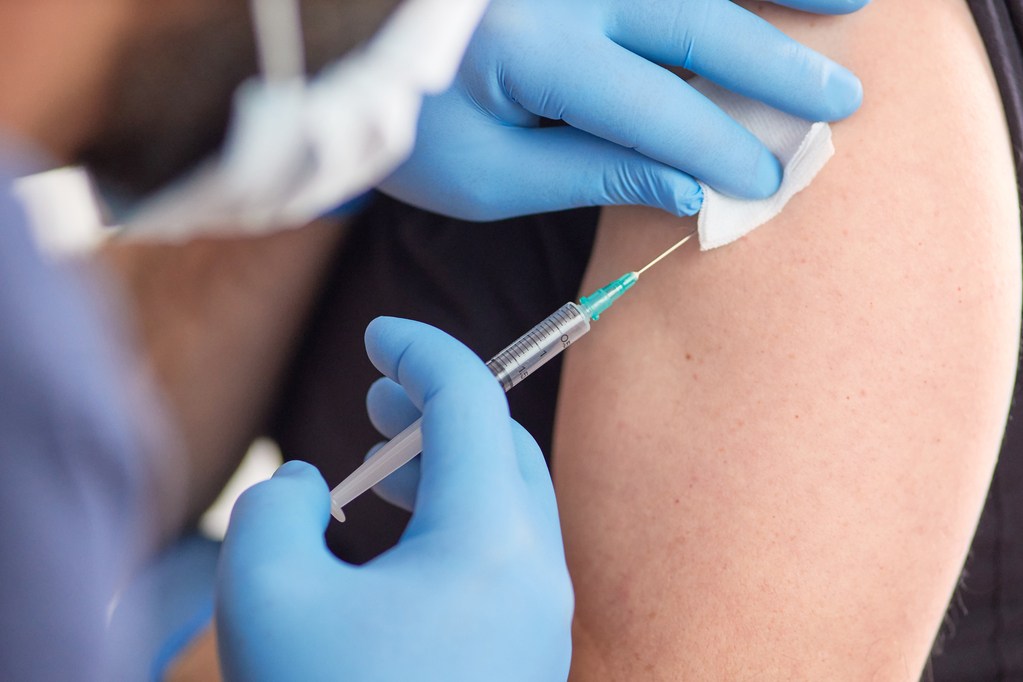The internal dispute in the EU about the distribution of vaccines to the member states escalated in tone on Saturday afternoon after the European Commission published a statement in response to a critical letter from the Austrian chancellor Sebastian Kurz, joined by five other countries, to the presidents of the Commission and the Council.
In their joint letter dated 13 March, Austria, the Czech Republic, Bulgaria, Slovenia, Latvia, and later Croatia, while expressing gratitude to the EU presidents for their efforts to ensure vaccine deliveries to all European citizens, claimed that the deliveries to individual member states “are not being implemented on an equal basis following the pro-rata population key.”
This, in the view of Kurz and his followers would not only be contrary to previous agreements but also to the spirit of European solidarity. They called on a discussion on “this important matter as soon as possible".
The Commission responded promptly and explained in its statement “on the methodology used to determine the allocation of doses of vaccines under the Advance Purchase Agreements” that the allocation has followed a transparent process based on a pro-rata allocation.
However, the Member states themselves “have decided to depart from the Commission's proposal by adding a flexibility which allows agreeing on a different distribution of doses” among themselves. “It would be up to the Member States to find an agreement if they wished to return to the pro rata basis.”
In fact, the Commission announced already in mid-January, as reported then, that the member states may decide to redistribute doses between themselves. “The starting point is always a prorate distribution on the basis of population, but some member states may wish more, others less. These discussions are held by the member states.”
In January, the Commission did not know if such a redistribution had taken place and apparently does not know it now. Asked by The Brussels Times about the actual figures, a Commission spokesperson replied yesterday that it is up to the member states to communicate about the numbers of doses they have requested.
The distribution of vaccine doses became more transparent in February when the European Centre for Disease Prevention and Control (ECDC) uploaded a special tracker mechanism to monitor the deliveries and use of the vaccines. The COVID-19 Vaccine Tracker is an interactive ‘live’ dashboard that provides the latest data reported by EU/EEA countries.
According to the latest figures (14 March), 62,2 million vaccine doses have been delivered to the member states, out of which 46,8 million doses have been administered. On average, the uptake of the first dose is 9,5 % and of the second dose 3,8 % of the population but the uptakes vary by country, indicating bottle-necks and regional variation.
The figures do show differences in the number of doses distributed by manufacturers to EU/EEA countries per hundred inhabitants (aged 18 years and above) that deviate from a strict pro-rata allocation. Austria with 18,6 doses per hundred inhabitants appears close to the EU average while the other countries behind the letter are below the average, especially Latvia (6,5 doses) and Bulgaria (7,8 doses).
Hungary with 27,2 doses per 100 inhabitants ranks in the top but it could be because vaccine deliveries from China and Russia have been included. Figures for Malta, the smallest country in the EU with 515 000 inhabitants (Eurostat, 2020), are missing but it tops the uptakes of the first and second doses with 17,6 % respectively 8,1 % of the population.
M. Apelblat
The Brussels Times

